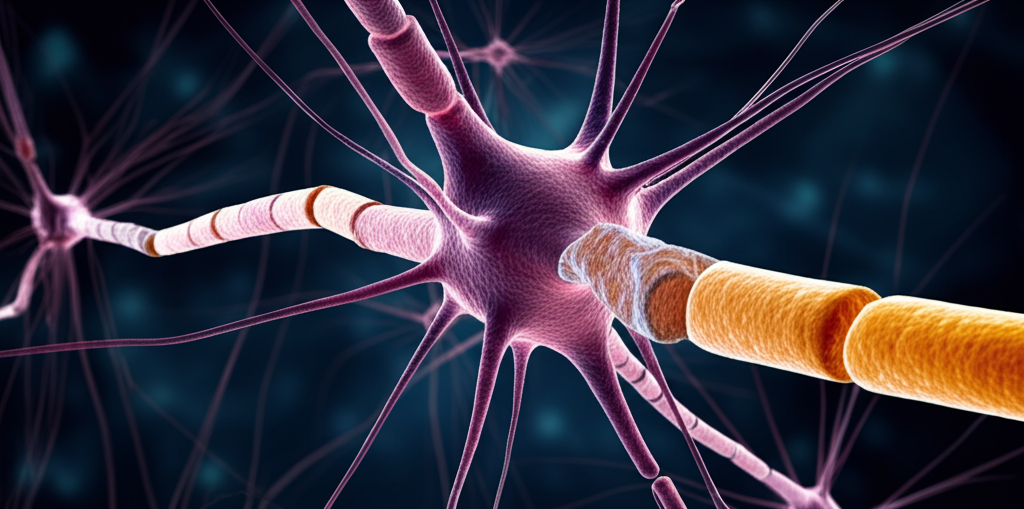The human body relies on a complex network, primarily controlled by the mind and nervous system, for overall function. Any disruption to this control can lead to significant health issues. A deficiency in vitamin B12 can cause serious mental and nervous problems, often unnoticed until the condition becomes severe.
The nervous system acts as the body’s electrical wiring, transmitting signals from the brain to control various functions, including heart rhythm and muscle movement. These signals travel through neurons, which are living cells with a limited lifespan, requiring constant renewal. Vitamin B12 plays a crucial role in cell division and reproduction within the nervous system. A deficiency in this vitamin hinders the repair and regeneration of nerve cells, potentially leading to nervous system and mental decline.

Vitamin B12 deficiencies often exhibit subtle symptoms, making them easily overlooked. Some key indicators include confusion and disorientation, which can stem from the disruption of electrical circuits in the brain and organs due to impaired nerve cell renewal. Memory loss, resembling Alzheimer’s disease, can also occur as neurons responsible for storing memories fail to regenerate.
Furthermore, vitamin B12 deficiency can manifest as depression, mania, irritability, apathy, personality changes, hallucinations, aggressive behavior, sleep disturbances, and alterations in smell, taste, and vision. These symptoms are particularly prevalent among older adults. The optimal form of vitamin B12 for supplementation is methylcobalamin.
Certain medications, such as metformin (commonly prescribed for diabetes), antacids, and antibiotics, can interfere with vitamin B12 absorption. It is advisable to monitor B12 levels, especially when taking these medications. While laboratory tests can confirm a deficiency, supplementation is generally safe, as vitamin B12 is water-soluble and excess amounts are excreted through urine.

Natural sources of vitamin B12 include animal products like meat, poultry, fish, eggs, and dairy. However, even with adequate dietary intake, the body requires intrinsic factor, a substance produced in the stomach lining, to properly absorb B12. Antacids can block the production of intrinsic factor, hindering B12 absorption.
Vitamin B12 deficiency can be addressed through natural supplementation, often in the form of sublingual tablets or liquid, allowing absorption through the membrane under the tongue, bypassing stomach acid. In severe cases, vitamin B12 injections can provide a rapid boost. Consulting with a healthcare professional is recommended for personalized guidance.



